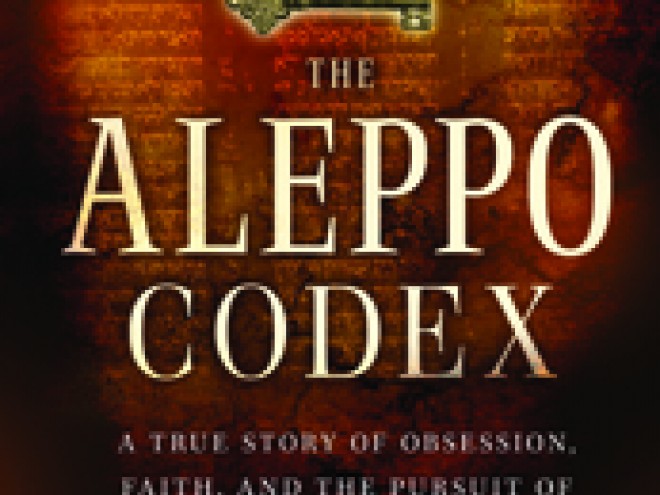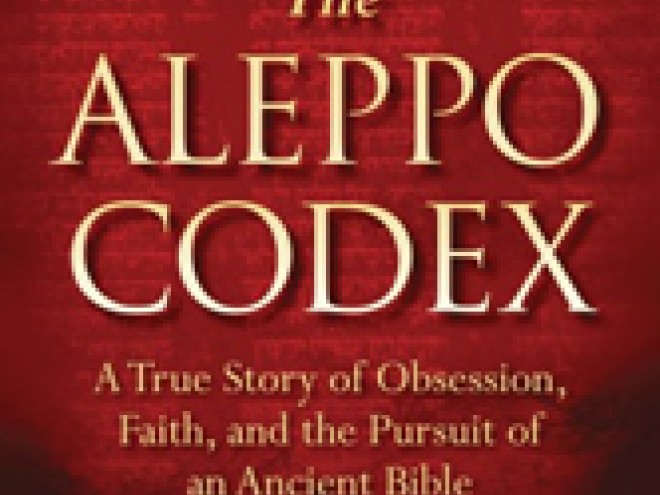
Celebrate Jewish Book Month with #30days30authors! JBC invited an author to share thoughts on #JewLit for each day of Jewish Book Month. Watch, read, enjoy, and discover!
This week, we are featuring the finalists and winner of the Natan Book Award at Jewish Book Council.
Today, Matti Friedman, winner of the 2018 Natan Book Award at the Jewish Book Council for his forthcoming book Spies of No Country (Fall, 2018) and the author of The Aleppo Codex and Pumpkinflowers, writes about a newly translated book that you should be reading.
I thought I’d dedicate these few words to a (dead) Jewish writer and a (very much alive) translator, and a new co-production of theirs that’s worth attention.
The great French novelist Romain Gary was once well-known in America, but has been largely forgotten since his suicide in Paris in 1980. Gary, who flew with the Free French air force in WWII and went on to write a series of celebrated books that made him a major literary figure at home and abroad, was a fascinating and slippery character. He wrote a famous work (The Life Before Us) in the voice of an Arab orphan and under a pseudonym, Emile Ajar, denying that he was the writer and employing someone else to pretend to be Ajar. He worked with an American translator, John Markham Beech, who didn’t exist, and was none other than Gary himself. And though a patriot and cultural champion of France, Gary was born a Lithuanian Jew named Roman Kacew.
Due in part to legal and family complications — a specialty of Gary’s — his last and perhaps best book, The Kites, was never translated into English. It did appear in Israel in a Hebrew translation, however, and became wildly popular; this is the version that I read. It is a knowing, sad, and sweet book about a French peasant boy’s love for a girl, and for France, during the years when Normandy was occupied by the Nazis.
The writer and translator Miranda Richmond Mouillot (A Fifty-Year Silence), who has spent many years in a village in rural France, happened upon Gary’s book, was smitten, and set out to solve the legal puzzle that would allow a translation to proceed. (The story, which Mouillot told me when I met her in Paris in 2014, could be a book in itself.) The result, just published in October by New Directions, is wonderful. Mouillot’s work perfectly captures Gary’s mix of romantic memory and sharp but sympathetic observations of human nature.
Gary didn’t play up his Jewish sensibilities. But they’re present here for anyone looking — in the character of an earthy and resourceful Parisian madame, for example, and in the book’s strange and abrupt ending with an expression of admiration for the real-life pastor André Trocmé, who saved Jewish children in the war in the village of Le Chambon-sur-Lignon. Whether you’ve been waiting 37 years for this translation to finally appear, or whether you’re hearing Gary’s name for the first time, The Kites should be high on your reading list.


